Shakespeare, Su Shi and Tang Xianzu: The dates of birth and death of literary greats
The dates of birth and death of literary greats - especially those who lived centuries ago when the calendar used may not have been the same as we use today - can be confusing and difficult to pin down. Cultural historian Cheng Pei-kai looks at the example of William Shakespeare and several Chinese poets, noting that in the end, perhaps it is not so important whether or not we have an exact date.
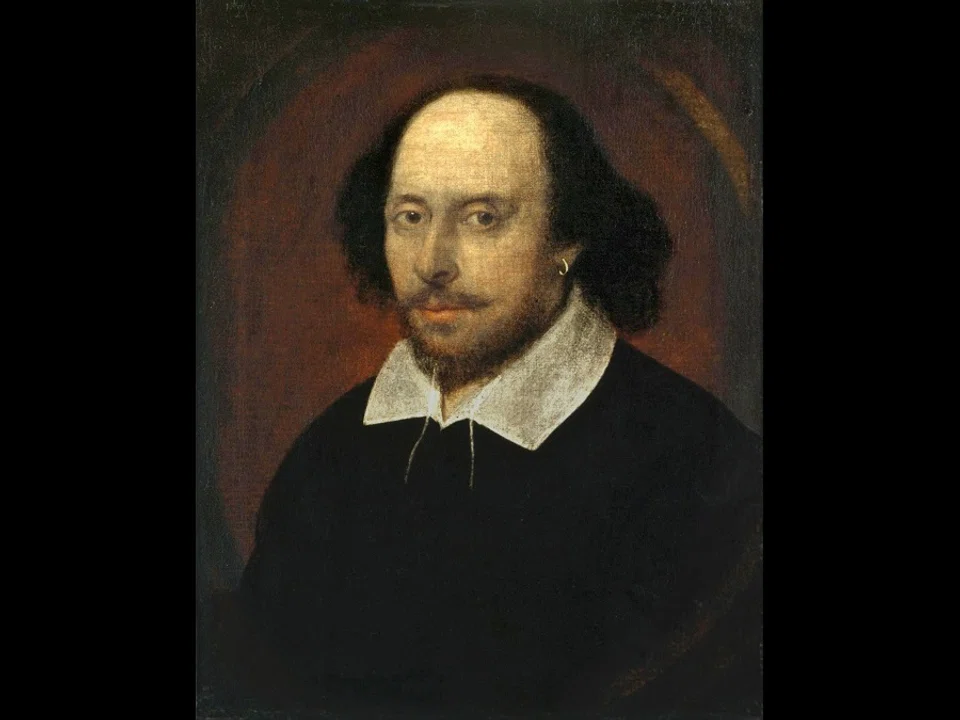
Over the centuries, tens of thousands of books have been written about William Shakespeare, the world-renowned literary giant, but there are no confirmed dates regarding his birth and death.
According to the Julian calendar used in Britain back then, there are clear records that Shakespeare died on 23 April 1616, so that is not much of a problem. But there is no real information on his date of birth - the only reliable record is in the parish register of the Holy Trinity Church in his hometown of Stratford-upon-Avon, which lists his baptism day: 26 April 1564.
So, when literary historians refer to Shakespeare's date of birth and death, for the sake of accuracy, it is "William Shakespeare, baptised on 26 April 1564, died on 23 April 1616".
Of course, this approach cannot be helped. But Shakespeare's fans are not happy that we are not even clear about his birth date.
Scholars have pointed out that, generally speaking, in 16th century Britain, according to the rules in the Prayer Book, babies had to be baptised within three days of birth, meaning Shakespeare was likely born on 23 April, the same date he passed away.
Celebrations of Shakespeare
In Shakespeare's hometown of Stratford-upon-Avon, around 23 April every year, days of grand activities are held to commemorate his birthday. Generally, experts are invited to speak, celebrities turn up at functions, and Shakespeare's plays are put up at the local theatres.
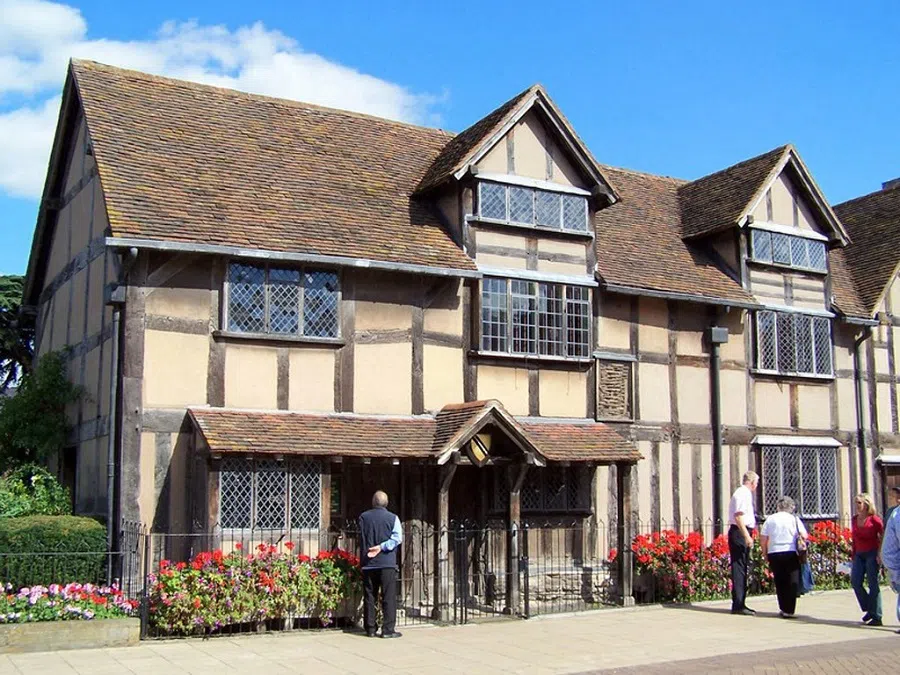
Celebratory events were cancelled in 2021 due to the pandemic, but in 2022 the government eased anti-Covid measures and brought back activities from 22-24 April to celebrate the 458th anniversary of Shakespeare's birth. His former residence was opened to the public, musicals and concerts were held, and there was a parade around town. Organisers even invited renowned Shakespearean actors Dame Judi Dench and Sir Kenneth Branagh to unveil the newly restored Shakespeare statue at the Town Hall.
... if you want to honour Shakespeare, Su Shi and Tang Xianzu, you would want to commemorate the day they were born, and you just have to get it right.
Celebrations of China's literary greats
Celebrating the birth anniversaries of literary giants is not unique to Britain. Sichuan's Meishan does the same for Su Shi, as with Jiangxi's Fuzhou for Tang Xianzu, which also had Chinese scholars cracking their heads trying to figure out their dates of birth and death.
It is generally accepted that Su Shi was born on 8 January 1037 (in the Gregorian calendar) and died on 24 August 1101. His birthday was clearly recorded in his own poems, so it is easier to ascertain - during his demotion to Huangzhou in the fifth year of the reign of Emperor Shenzong of Song during the Yuanfeng era (1082), he wrote Li wei chui di (bing yin) (《李委吹笛(并引)》, Li Wei playing the flute), which clearly says: "It's the 19th day of the twelfth moon [lunar month] in the fifth year of Yuanfeng, today is my birthday."
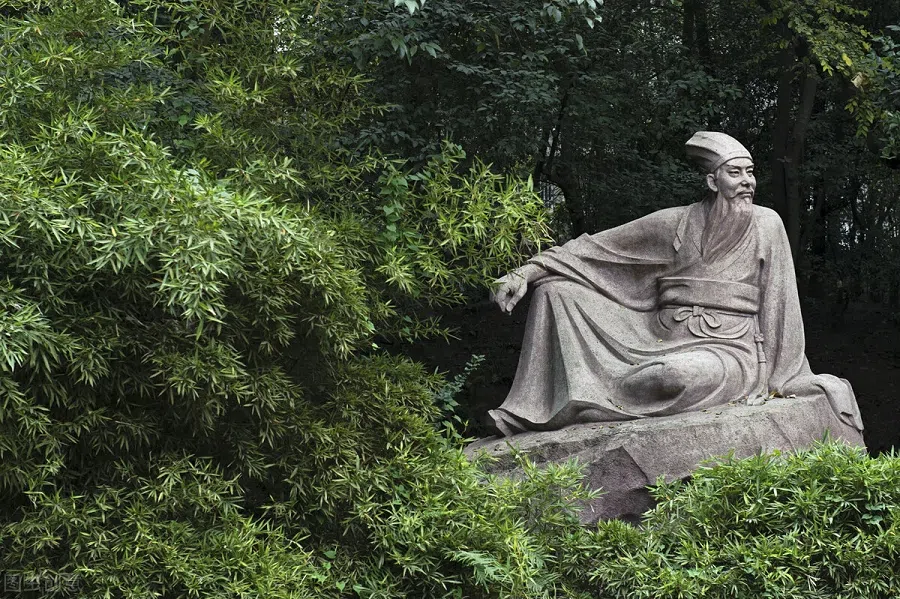
During the fifth year of the Yuanfeng era, Su was 46 years old, which meant that he was born 46 years ago, on the 19th day of the twelfth moon in the third year of the reign of Emperor Renzong of Song during the Jingyou era (1036).
As the lunar calendar was used in ancient China, Su's date of birth was 8 January 1037 by the Gregorian calendar. He was not born during the twelfth moon overlapping the 1036 year-end, but at the beginning of 1037.
Su Shi's date of death was recorded by his younger brother Su Zhe in an epitaph (《亡兄子瞻端明墓志铭》) and by the people of that era, so we know that he passed away on 28th day of the seventh moon in the first year of the reign of Emperor Huizong of Song during the Jianzhongjingguo era in Changzhou, or 24 August 1101 by the Gregorian calendar.
In his book The Gay Genius: The Life and Times of Su Tungpo, Lin Yutang wrote that Su was born on 19 December 1036 and died on 28 July 1101; he mixed up the traditional lunar and Gregorian calendar dates, which confused people.
Tang Xianzu's date of birth and death, by the Gregorian calendar, are 24 September 1550 and 29 July 1616 respectively. His date of birth is based on the Tang Family Genealogy of Wenchang (《文昌汤氏宗谱》), which records that Tang was born between 5am and 7am on 14th day of the eighth moon in the 29th year of the Jiajing Emperor (24 September 1550 by the Gregorian calendar), in Wenchangli, Linchuan county, Fuzhou city, Jiangxi province.
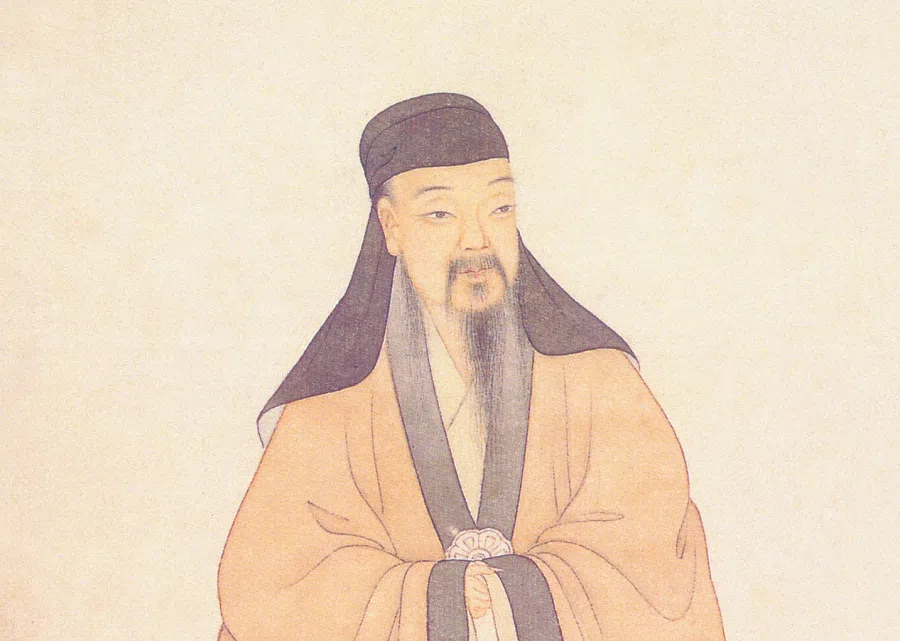
His death date on 16th day of the sixth moon in the 44th year of the Wanli Emperor (29 July 1616 by the Gregorian calendar) is based on Xu Shuofang's Tang Xianzu Nianpu (《汤显祖年谱》, The Chronicle of Tang Xianzu), which recorded that Tang had written Huhu Yin (《忽忽吟》) on 15th day of the sixth moon, a day before he passed away. His third son Tang Kaiyuan also recorded that his father passed away on the 16th day of the sixth moon. For the dating of his death, therefore, the record in the Tang Family Genealogy of Wenchang is wrong.
Research challenges
While these elaborate research findings seem utterly pointless and irrelevant in the macrocosm of history, if you want to honour Shakespeare, Su Shi and Tang Xianzu, you would want to commemorate the day they were born, and you just have to get it right. You cannot say: we're just celebrating their contributions to human culture anyway, so let's just celebrate them all at midnight on 1 January every year, ancient and modern, in England, China, and everywhere. There would even be fireworks all over the world, making it convenient and easy to remember, and everlasting.
Doing proper historical research is really cumbersome. Let us not forget that Shakespeare's date of birth and death was based on the Julian calendar, while we are now using the Gregorian calendar from after 1582.
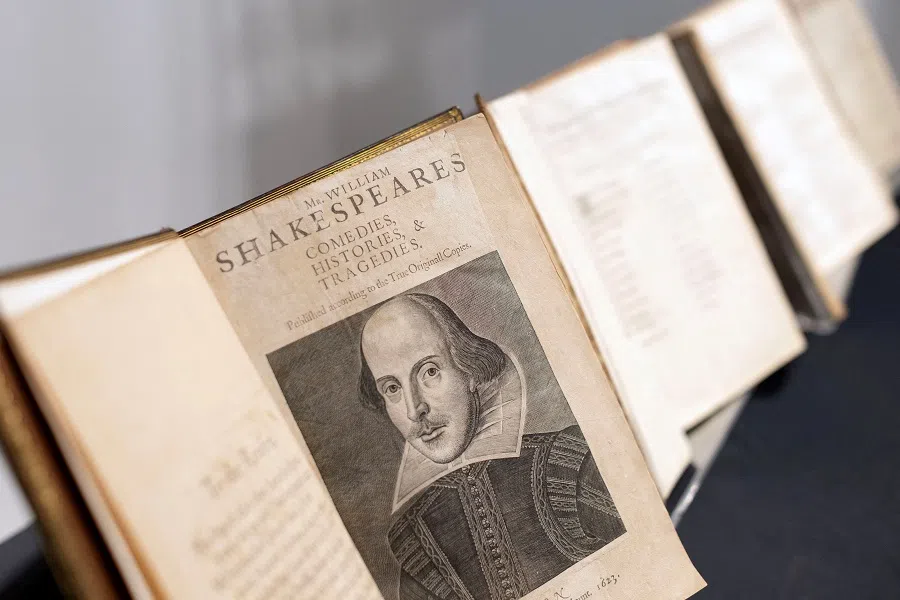
According to renowned Shakespearean biographer and scholar Samuel Schoenbaum, using today's Gregorian calendar, Shakespeare probably passed away on 1 May 1616, not 23 April. This reputable scholar has published a few biographies of Shakespeare, and we find it difficult to know how he landed on those dates. So then, what is Shakespeare's actual birth date?
Schoenbaum spent his lifetime studying all the details of Shakespeare's life. He gathered archival materials from various churches and local government offices and summarised all of his research, only to say in the end that he really could not be clear about Shakespeare's birth date; he even pointed out that the so-called "recognised" evidence is more legend than actual historical fact.
Traditional scholars are happy to confirm that Shakespeare was born on 23 April, because it coincides with St George's Day. So it was a matter of course that Shakespeare was also born on that day, so that he could protect England together with St George.
Although the inability to identify Shakespeare's birthdate has led to endless debates among experts and scholars and given headaches to organisers planning celebratory events, it is actually of little relevance to our understanding of Shakespeare's literary achievements.
Looking for clues
Others said that it is fate that Shakespeare was born and died on the same date, so that we can easily remember it and stop reading too much into it. But Schoenbaum refused to give in and pointed out that the Prayer Book stipulated that newborns must be baptised within three days of birth, hence, it is unreliable to simply hypothesise Shakespeare's birthdate as 23 April based on the baptism date of 26 April.
The 1559 Prayer Book only stated that newborns must be baptised no later than the first Sunday or festival day after birth. However, 23 April 1564 was a Sunday. So, if Shakespeare was born on that day and had to be baptised within three days, if we take 23 April as the first day and 24 April as the second day, he must have been baptised on 25 April. However, 25 April is the feast day of St Mark, meaning that newborns cannot be baptised, which would be why his baptism was postponed to 26 April - but this would go against the church's rules.

Although the inability to identify Shakespeare's birthdate has led to endless debates among experts and scholars and given headaches to organisers planning celebratory events, it is actually of little relevance to our understanding of Shakespeare's literary achievements. The greatness of literary giants lies in their outstanding works that create for us an amazing world of imagination and allow our lives to bask in the glory of civilisation.
In Act 2, scene 1 of Shakespeare's Much Ado About Nothing, a line goes, "There was a star danced, and under that was I born." How wonderfully written! Another line in Act 2, scene 5 of Shakespeare's Twelfth Night goes, "Some are born great, some achieve greatness, and some have greatness thrust upon 'em."
Even the stars danced when Shakespeare was born. What do you think made Shakespeare great? Was he born great, did he achieve greatness, or was greatness thrust upon him?



![[Big read] When the Arctic opens, what happens to Singapore?](https://cassette.sphdigital.com.sg/image/thinkchina/da65edebca34645c711c55e83e9877109b3c53847ebb1305573974651df1d13a)
![[Video] George Yeo: America’s deep pain — and why China won’t colonise](https://cassette.sphdigital.com.sg/image/thinkchina/15083e45d96c12390bdea6af2daf19fd9fcd875aa44a0f92796f34e3dad561cc)
